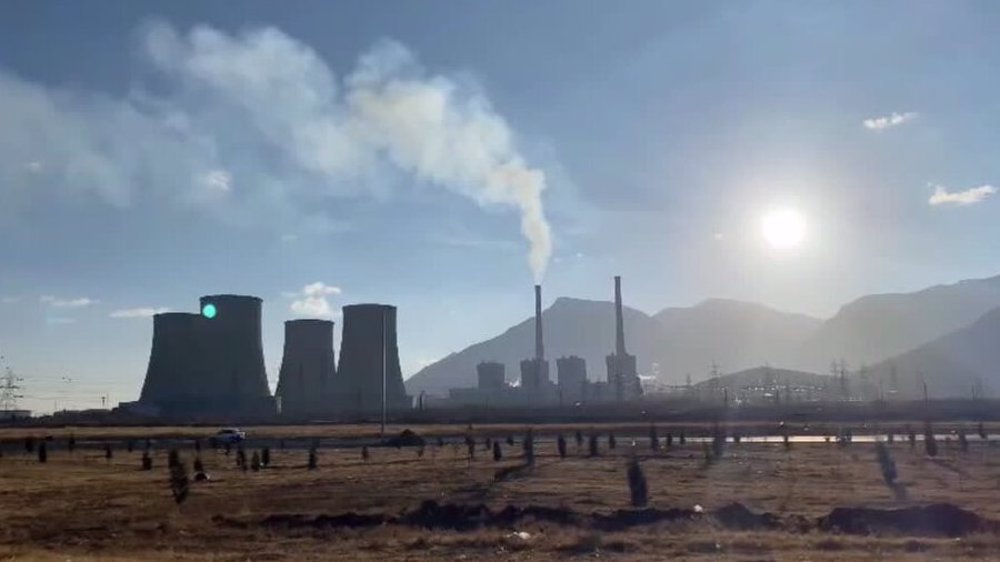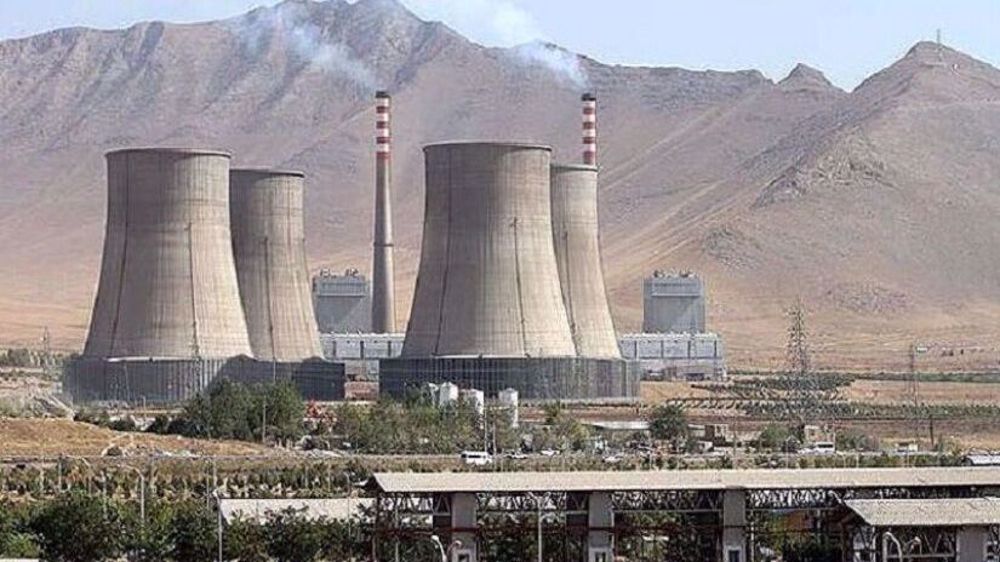‘Iran-Saudi spat to affect oil in short term’
A senior Iranian official says the fallout from a recent diplomatic row between Iran and Saudi Arabia will affect the oil market in the short term.
“The impact of such a political tension on the oil market will be short-lived,” Iran’s national representative to OPEC Mehdi Asali predicted on Wednesday.
“As soon as the market regains confidence in oil supply, it will show no more reaction,” he said in remarks published by the Petroleum Ministry’s Shana news agency.
Asali said the diplomatic spat between Tehran and Riyadh is a “political issue” which will have “short-term impact on the oil market.”
Saudi Arabia, OPEC’s top producer, announced severing diplomatic relations with Iran on Monday over the Islamic Republic’s criticism of the kingdom’s execution of prominent cleric Sheikh Nimr al-Nimr.
Saudi Arabia is one of the few producers selling oil above its OPEC quota and the major driving force behind the existing supply glut.
Mainly because of the Saudi oversupply, OPEC is producing close to record levels above 31.5 million barrels per day, well over the organization’s nominal target of 30 million bpd.
The kingdom reportedly ended 2015 with more than 10 million barrels per day for nine straight months. Saudi Arabia has further thwarted OPEC efforts to put any caps on production and restore a quota system.
Asali said there is currently more than 2.5 million barrels per day of excess oil in the market, citing it as “the biggest threat to the oil market.”
Saudi Arabia which ramped up output to replace Iranian barrels when sanctions were imposed in 2012 is refusing to scale back exports now that Tehran seeks to return to the market at pre-sanction levels.
Asali said, “While Iran is using oil as a means for development, Saudi Arabia finds identity with oil. Therefore, it is trying to maintain its identify at any cost.”
Relentless Israeli ceasefire violations justify need for self-defense: Lebanese MP
Tel Aviv tells Damascus Israeli forces will remain in occupied territory: Report
Dec. 22: ‘Axis of Resistance’ operations against Israeli occupation
‘Abhorrent’: Oxfam says only 12 trucks delivered aid in North Gaza since Oct.
VIDEO | Leader receives religious eulogists on Hazrat Fatima birth anniv.
Pope Francis slams Israel’s ‘machine-gunning’ of Gaza children
US hostage-taking of Iranian nationals violation of intl. law: Deputy FM
VIDEO | Carol Singers for Palestine on London’s Parliament Square










 This makes it easy to access the Press TV website
This makes it easy to access the Press TV website